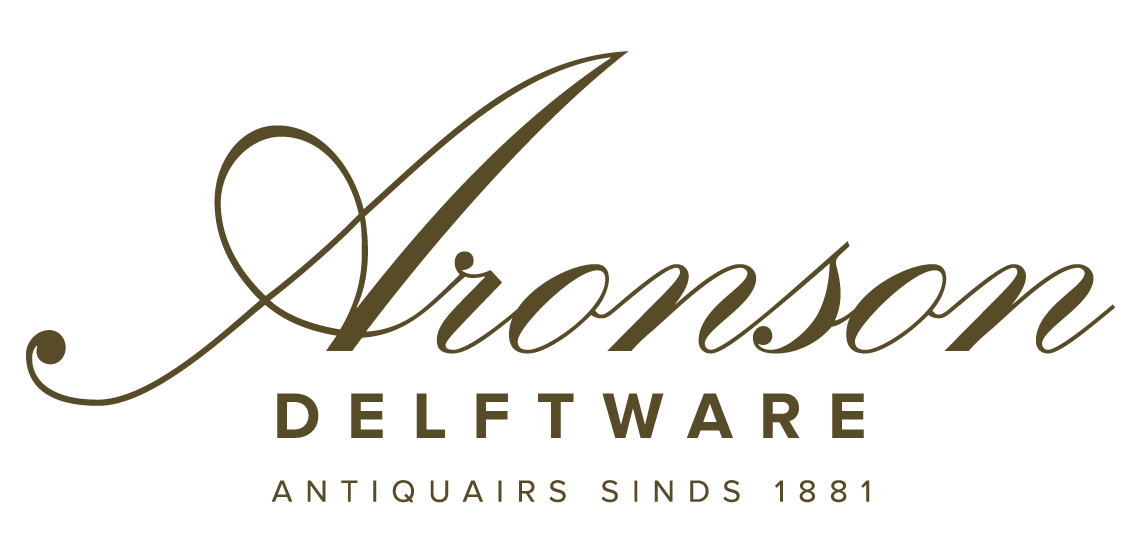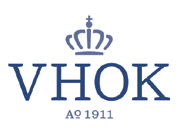
[popup_trigger id=”13756″ tag=”span”]![]() [/popup_trigger]
[/popup_trigger]
Images on this website are licensed under a
Creative Commons Attribution-NoDerivs 3.0 Unported License.

OBJECT
•D1915. Pair of Blue and White Salt Cellars
Delft, circa 1710
Each marked LVE 60 in blue for Lambertus van Eenhoorn, the owner of De Metaale Pot (The Metal Pot) factory from 1691 until 1721, or his widow Margaretha Teckmann until 1724
Each of waisted square shape, the circular well painted with a floral spray within a lightly molded rim painted with stylized leaves alternating with blue borders, and the high, domed foot decorated on each side with rocaillerie and floral motifs.
Heights: 6.4 cm. (2.5 in.)
Provenance: J.F.H.H. Beekhuizen, Amsterdam; Dutch Private Collection
Note: Although salt was expensive and known as ‘white gold’ during ancient times and the Middle Ages, it became more available in the seventeenth and eighteenth century, but it remained an important indicator of wealth and status on the dining table. The presentation vessels were often sizable and impressive. With the development of dinner services in the eighteenth century, including their array of various useful and often ornamental wares, such as candlesticks, cruet stands, sauceboats and every style of dishes and plates, the salt cellars became smaller and more numerous on the table.








